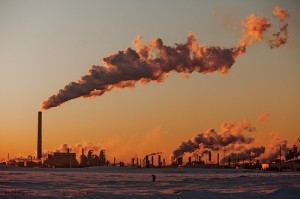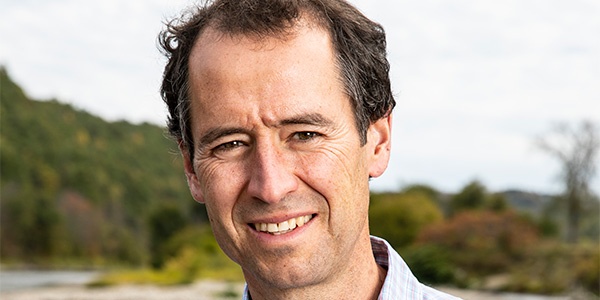We have much more to do and your continued support is needed now more than ever.
State Department’s Keystone XL Review Goes from Bad to Worse

In short, ERM evaluated a pipeline that a paying client wants to build and lied about it.
In addition to being an outrage, this conflict of interest appears to explain a lot. For instance, ERM’s curious conclusion that building this massive pipeline won’t matter when it comes to climate change—a conclusion virtually no one agrees with. Even industry and Canadian officials pushing the pipeline have said multiple times that Keystone XL is crucial to allowing tar sands development—and the massive carbon pollution that it will bring—to move forward. No wonder the Environmental Protection Agency, which has the expertise to evaluate pollution impacts, has now rejected the State Department’s farmed-out reviews as being insufficient three times in a row.

Fortunately, the message that this pipeline is a bad deal is getting out. President Obama—the ultimate decision maker—is now correctly scoffing at industry falsehoods that the pipeline has anything to do with producing jobs or easing gas prices.
However, addiction produces curious behavior and it is far from certain that the right decision will be made on this boondoggle project. Yet, one would think that a pipeline that will help cook the planet, destroy vital habitat wildlife and people rely on, place water, land, wildlife and human health at risk of toxic spills, drive up oil prices, and lock us into a future of further destructive energy choices at the expense of clean alternatives would be a pretty easy thing to say no to.
I certainly hope so, but we need to keep making the case. The clock is ticking and our children will inherit the impacts of our folly or our wisdom.
Urge President Obama to reject the Keystone XL tar sands oil pipeline!






















